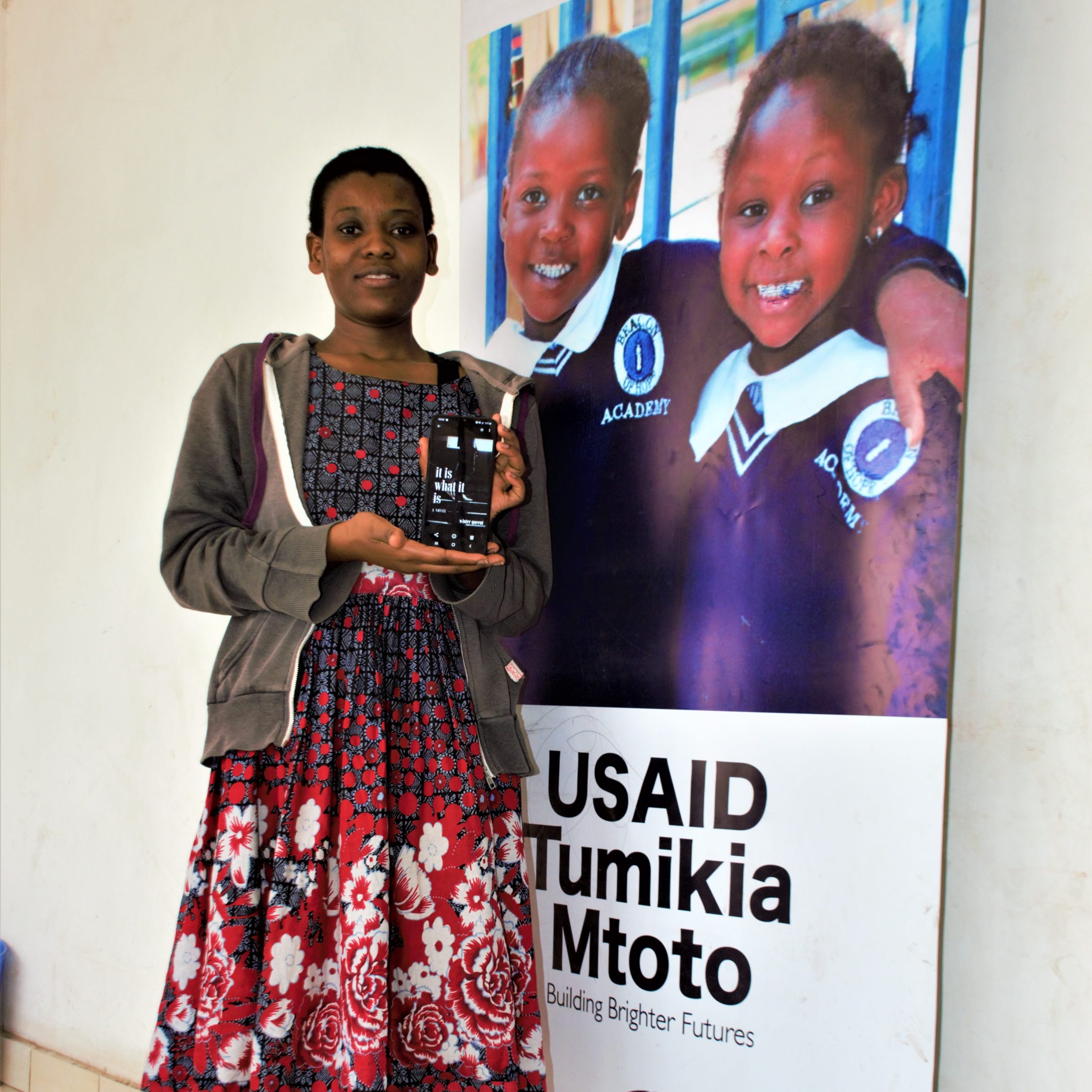The 2019 Kenya census showed that the country has over 35 million youth.
However, like other economies globally, high rates of youth unemployment, underemployment, and skills mismatch continue to affect Kenyan youth. Moreover, marginalized groups and vulnerable populations often bear the brunt of these issues, further exacerbating social inequalities.
Skills development plays a pivotal role in supporting young people to access employment and business opportunities crucial for their personal growth, overall contribution to sustainable development, and their communities' resilience.
Skills development plays a pivotal role in shaping the lives of young people: its crucial for their personal growth, employability, and overall contribution to sustainable development.
The AVSI WINGS+ model: Market Assessment, a step towards identifying youth skills gap and opportunities
AVSI Foundation conducted a baseline market assessment in 2021 as part of the AVSI WINGS+ model, which had been adopted by the USAID Tumikia Mtoto project. The baseline market assessment gathered insights from select young women aged 15 - 24 years (sample size of 416) enrolled in the DREAMS program in Nairobi and Kiambu Counties. From the findings, we discovered that:
- 50 percent of the enrolled young women had attained at least a secondary level of education
- 52 percent of the enrolled young women were engaged in business activities, either selling products or offering services
- 54 percent of the enrolled young women possessed the skills necessary to manage their existing businesses or secure employment
- 44 percent of the enrolled young women reported meeting customer demands effectively
The baseline assessment findings informed the opportunities, challenges, and risks faced by the youth in implementing economic activities. From the findings, we also saw the need for capacity building of adolescent girls and young women on technical and soft skills to boost their capacity to manage, compete, and expand their businesses. It was also noted that supporting adolescent girls and young women with start-up capital would boost their ability to compete with other traders, as well as, boost their opportunities for growth.
Skills Development: a chance for Fiona and 10,000 girls
To bridge the youth skills gap, the five-year USAID Tumikia Mtoto project works with over 10,000 adolescent girls and young women between 18 – 24 years to increase their access to social protection and engagement in economic activities that improve their income levels. To achieve this, the project employs a multi-faceted approach that involves collaboration between governments, educational institutions, businesses, and youth themselves.
Progressively, over 5,000 girls have attended various technical courses in plumbing, electrical works, mechanics, hairdressing and beauty, and catering among others. The adolescent girls and young women engaged, despite their existing challenges, now consider male-dominated sectors like mechanics, plumbing, and electrical work as an opportunity rather than a challenge.
Additionally, AJIRA training on digital marketing and online opportunities was rolled out to over 1,600 girls within the USAID Tumikia Mtoto project.
Fiona is one of the girls who benefited from this initiative.
After her training in AJIRA, Fiona learned how to make the most of her smartphone’s internet to access enhanced tools like Chat GPT AI and Amazon to improve her writing and monthly sales.
“Writing is my hobby but my passion,” said Fiona. To make ends meet and support her younger brother, Fiona got a job at a Cyber Café but during her downtime, she would draft her manuscripts away with the hope to one day become a published author. “I hope to write and sell more books so that I can afford to return to school,” she finished.
Fiona now earns between Ksh 20,000 and Ksh 60,000 per month. She uses Amazon and other platforms to market her two books; “It is what it is” and “The Demon Stalker”
“We want to position our young people to take full advantage of the digital economy and online talent marketplace,” President William Ruto said in his speech during his mission in Geneva, Switzerland in June 2023. In today's rapidly evolving world, marked by technological advancements and shifting economic landscapes, the need to equip young people with relevant skills has become more significant than ever.
It is our shared responsibility to bridge this gap and provide equal opportunities for all youth. Today, Fiona’s dream to become a published author is progressing well thanks to the USAID Tumikia Mtoto project which is keen to support young women to become self-reliant and a powerhouse to their communities.

World Youth Skills Day 2023
Governments, educational institutions, businesses, and society as a whole must work together to create an enabling environment that fosters skills development, vocational training, digital literacy, entrepreneurship, and innovation. This year, on World Youth Skills Day, we call for unity in recognizing the potential of young people as catalysts for change and commit to providing them with the skills and opportunities they need to build a prosperous and sustainable world for all. Together, we can shape a brighter future where no young person is left behind.
The USAID Tumikia Mtoto Project
The USAID Tumikia Mtoto project is a PEPFAR/USAID-funded five-year project working towards promoting access to county-led quality health and social services for orphans and vulnerable children (OVC), adolescent girls and young women (AGYW), and their families as a continuum of care, protection, and capacity building for self-reliance. The project is led by World Vision Kenya (the prime) in partnership with six local implementing partners (LIPs) including AVSI Foundation. AVSI Foundation as a local implementing partner leads the Combined Social and Economic Approaches component under the DREAMS program in close collaboration with the county governments of Nairobi and Kiambu Counties and supports over 10,000 young women annually.
*U.S. President's Emergency Plan for AIDS Relief (PEPFAR)